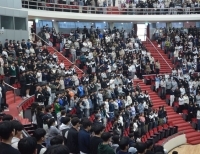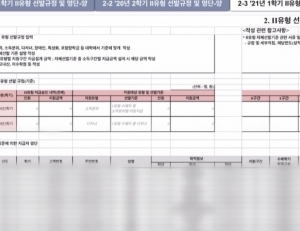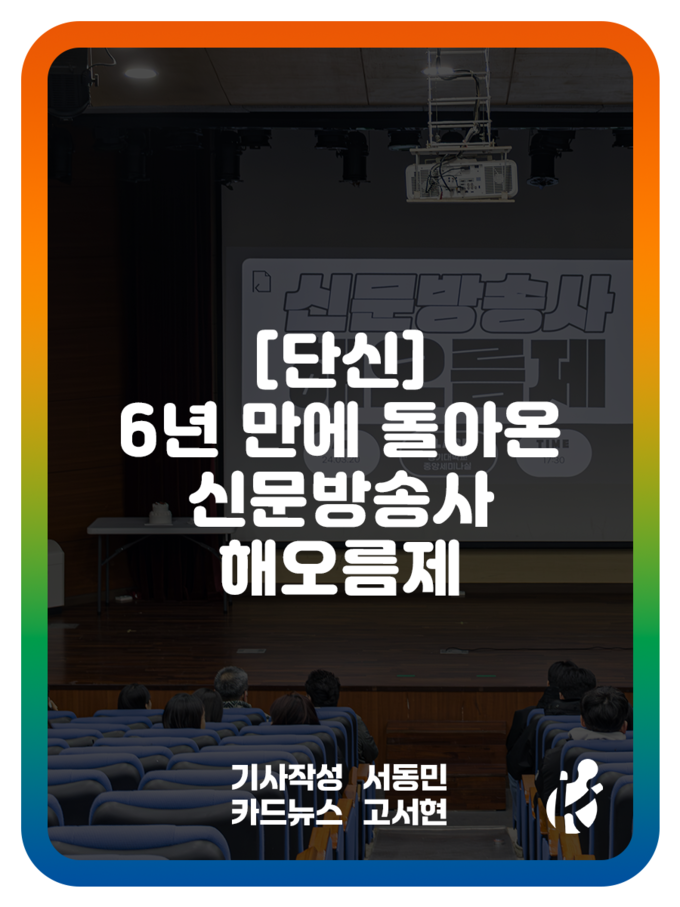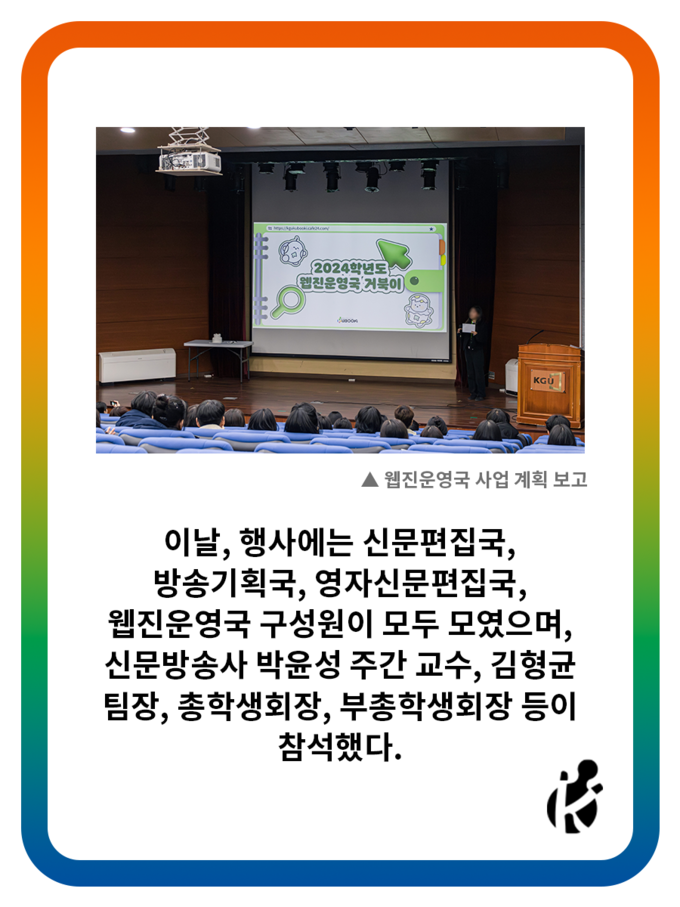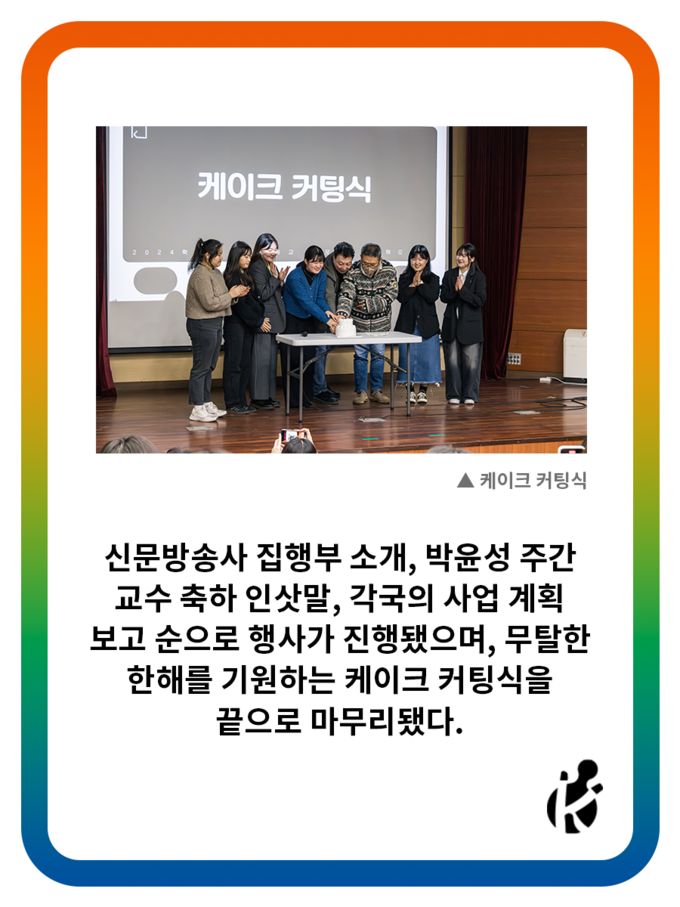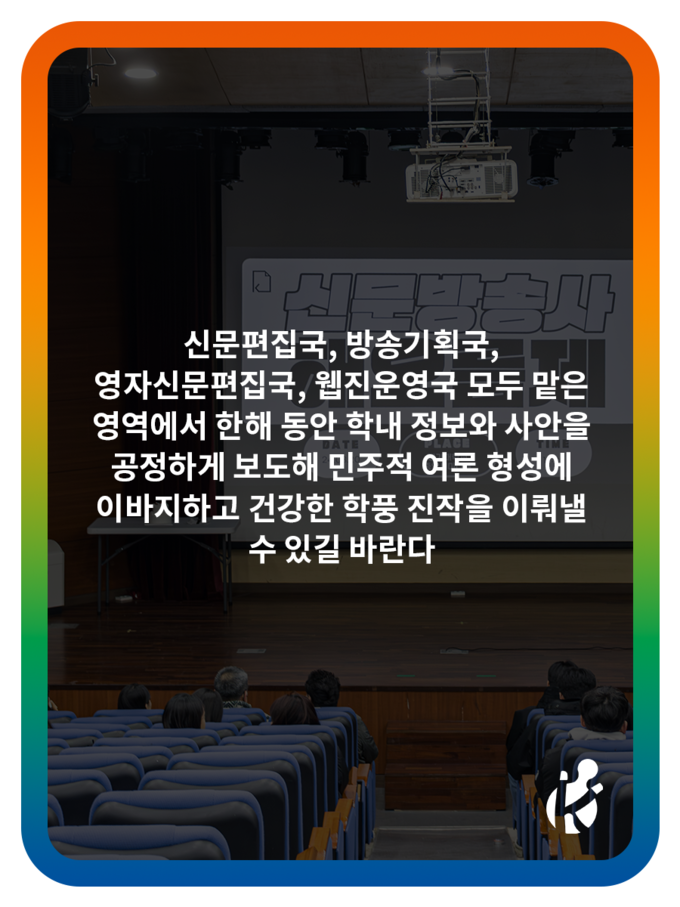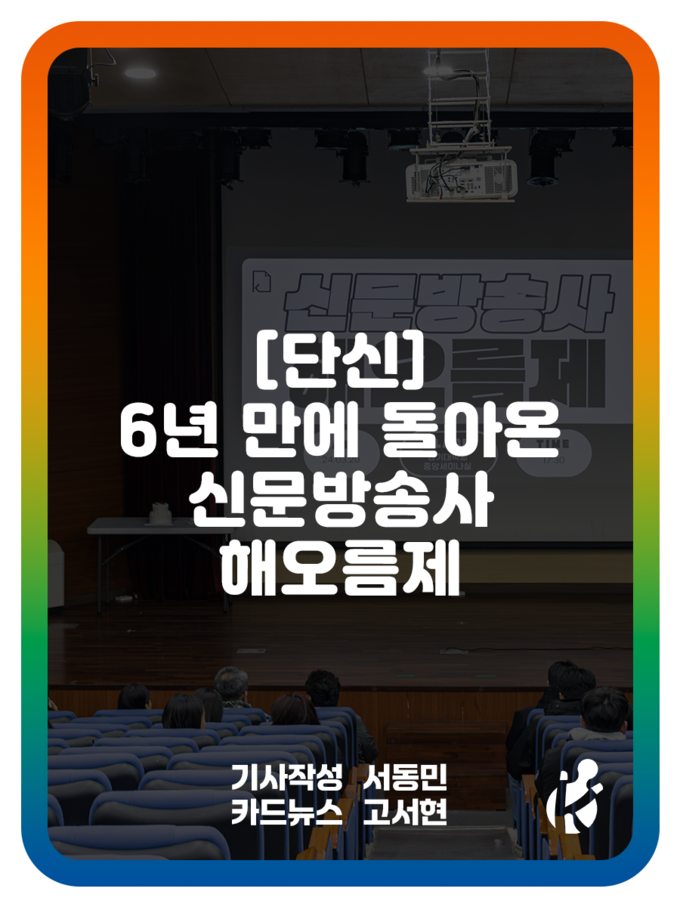Article 30, Clause 6 of the Sexual Violence Punishment Act, the Act on the Recognition of Evidence for Recording Statements by Children and Youth, was determined to be unconstitutional.

The reason behind the decision is the Constitutional Court's claim that the accused should also be guaranteed the right of confrontation. However, the questions that child exual abuse victims receive in court are cold. The victim must explain from the beginning why they could not resist and reject the situation. For example, a 6-year-old victim was notified to come to court and state the sexual harassment he suffered at the age of 3. Will young victims be able to properly answer thoughtless questions while facing the perpetrator?
Video recording statements are aimed at minimizing legal investigations for victims to prevent revictimization. They are regulations that allow video recordings of statements to be used as evidence without the victim attending court and going through a petition establishment procedure. Going through the process of describing sexual violence in court can result in trauma on top of that of the criminal acts themselves. In particular, if the defendant is a close relation, such as a relative, there is a possibility that the victim may face additional psychological harm from the defendant, other family members, or even outsiders.
The defendant's right of confrontation can be said to be an opportunity to find out whether a witness lies or not. The admissibility of evidence in the investigation agency is recognized based on the guarantee of the right of confrontation. The defendant's right of confrontation is judged as a key element of the right to a fair trial. Failure to guarantee this is contrary to the principle of proportion by excessively limiting the right to defend. Therefore, it is true that removing the right of confrontation should be interpreted strictly because it is a restriction of fundamental rights. This is because in criminal cases without positive proof, summoning the victim as a witness is usually the only way to find the truth. Nevertheless, the fact that the child victim suffered from a crime causes tremendous stress, and standing side by side with the accused in court will cause even greater mental and physical anxiety.
There is a case of introducing Barnahus as a way of ensuring the defendant's right of confrontation but preventing direct interrogation. The Barnahus system provides all necessary judicial, welfare, and health services for children suffering from sexual or physical abuse because Barnahus is a place with a child-friendly environment. The system is designed to prevent the victimized children from repeatedly describing the events by going to unfamiliar places such as the police, the prosecution, and the court. Countries adopting the Barnahus system are commonly recognized in court for their admissibility of evidence if it is proved that the defendant's right was granted when recording statements of victims through pre-trial procedures.
" By ensuring the accused's right to defend and preventing secondary harm, a new procedure for the preservation of evidence should be implemented. It is important to actively carry out evidence preservation procedures from the early stage of the investigation into sexual violence crimes. While giving the defendant an opportunity to for their right of confrontation, secondary harm caused by repeated statements by minor victims should be prevented. "
75th Reporter • CHOI HYUN JEONG • chj010627@kyonggi.ac.kr
- TAG
-
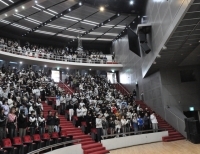 What Happened in KGU? : 수원캠퍼스 학생총회 편
On April 4th, a general meeting of students was held in the Tele-convention center at the Suwon campus. The contents were the same as the general meeting of students in the Seoul campus: the first part was for agenda announcement, the second part was about the Membership Training for whole university, and the third part was simple Q&A time. In the first part, the agendas were all the same as the ones for the Seoul campus, and the result of the ...
What Happened in KGU? : 수원캠퍼스 학생총회 편
On April 4th, a general meeting of students was held in the Tele-convention center at the Suwon campus. The contents were the same as the general meeting of students in the Seoul campus: the first part was for agenda announcement, the second part was about the Membership Training for whole university, and the third part was simple Q&A time. In the first part, the agendas were all the same as the ones for the Seoul campus, and the result of the ...

 [타 대학보 축사] 경기대신문의 1100호를 진심으로 축하드립니다
[타 대학보 축사] 경기대신문의 1100호를 진심으로 축하드립니다
 [와이파이] 큰 박스에 달랑 물건 하나, 과대포장 규제 정책 시행은 언제쯤
[와이파이] 큰 박스에 달랑 물건 하나, 과대포장 규제 정책 시행은 언제쯤
 [문화산책] 이 세계는 멋져 보이지만 모두 환상이야
[문화산책] 이 세계는 멋져 보이지만 모두 환상이야
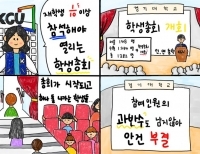 [네컷만화] 학생총회
[네컷만화] 학생총회

 목록
목록






